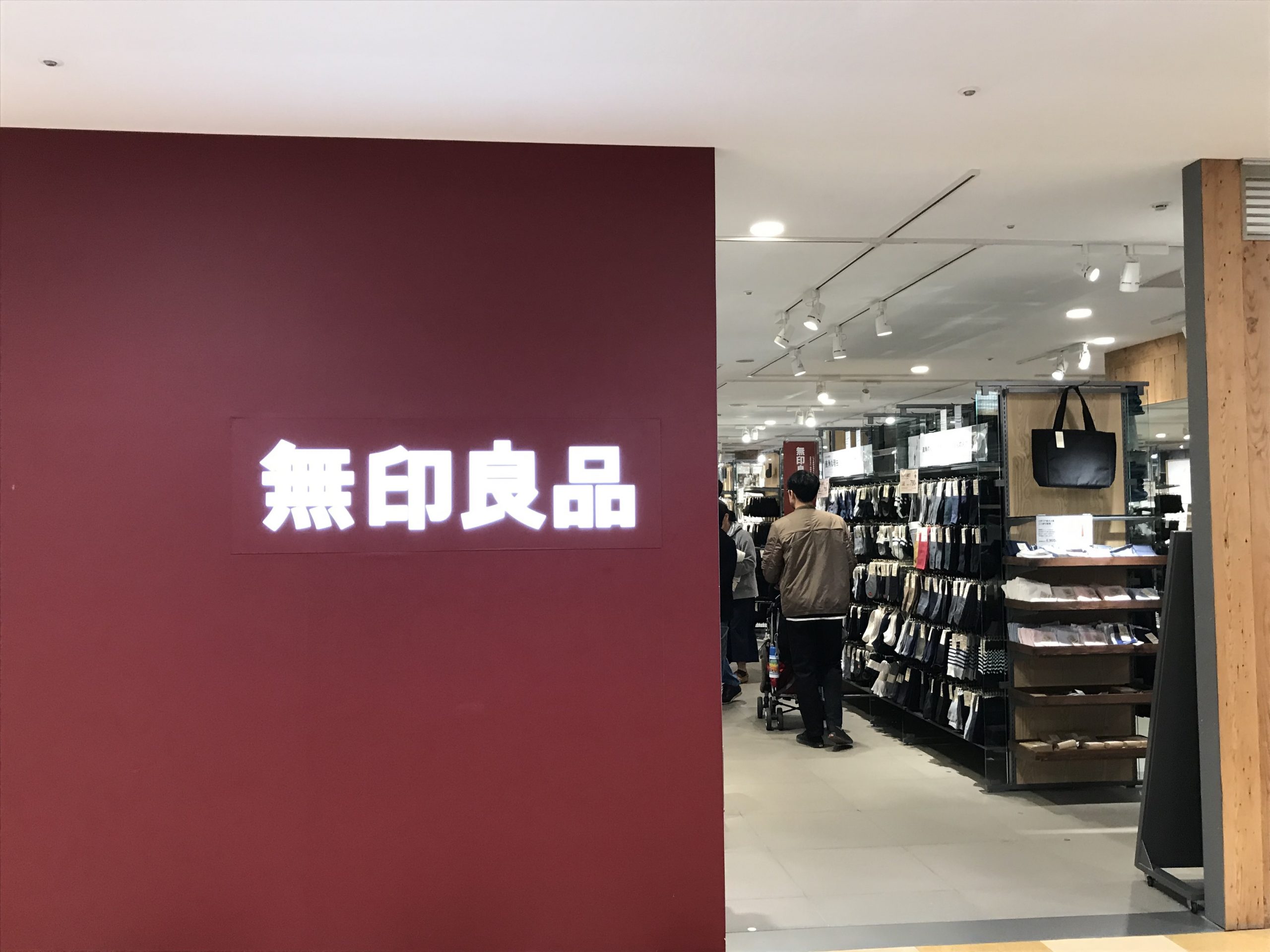Japanese retail company Ryohin Keikaku, which sells a wide variety of household and consumer goods under the name of MUJI (Mujirushi Ryohin), lost a trademark infringement case in China. Reportedly, on December 11 2019, the Beijing Municipal High People’s Court ordered Ryohin Keikaku to pay CNY 600,000 (USD 85,336) in damages to a Chinese company.
The “MUJI” brand was born in Japan in 1980, and the Ryohin Keikaku started MUJI business in 1990, according to Ryohin Keikaku’s website. However, before Ryohin Keikaku entered the China market in 2005, a Chinese company registered the MUJI trademark for goods such as sheets and bedspreads (Class 24) in China.
Negative effect of the First-to-File principle
Trademark rights are established in each country or region. In China and many other countries, the first applicant can obtain trademark rights. So, you should register trademarks in every country you do business, so that other companies will not register the trademarks. But it’s easy to say. You will not be able to register trademarks in all of the countries you may do business in the future, for a budgetary reason. Also, the business plan may change.
However, even if that is the case, once you decide to enter the market of a particular country, you should conduct a trademark search to check if the same and/or similar trademarks are registered in the country. Then, if such trademarks found, you should take necessary actions. You may have to use a different trademark in that country, or you may want to challenge the registration.
There is also an option to buy it. In fact, there are some companies in China that provide intermediate service for the trade of trademarks. You may be able to make a cheap purchase, if that’s before you actually start business in China.
In the MUJI case above, Ryohin Keikaku entered the China market in 2005. Then, the Chinese company established Beijing MUJI in 2011 and started MUJI Natural Mill store that looks exactly like the original MUJI store around 2018. The value of the MUJI trademark in China must have increased when Ryohin Keikaku entered the China market.
Anyway, we should consider the current borderless business environment to decide who is a right party to use the trademark, in order to protect customers’ interests as well as the business operator.
Thank you for reading. If you enjoyed this post, I’d appreciate it if you’d help it spread by emailing it to a friend, or sharing it on social media. Thanks!

